Frog and Toad are everywhere. How 50-year-old children's characters became Gen Z icons
What makes a great love story? Maybe it’s chemistry, or devotion, or music swelling at the right moment. Or maybe it’s writing a letter just so the other person has a reason to check the mail. At least that’s the case in the classic Frog and Toad tale “The Letter.”
The amphibians star in a series of easy readers first published in the 1970s by author Arnold Lobel. Ditching the grandiose for the mundane, Frog and Toad share a love story for the ages. When Frog is feeling sick, Toad fixes him a cup of tea and tries to think of a good story to tell him. When Toad loses his button Frog helps him search for it.
Their cozy companionship, romantic or not, has a subtle poignancy that's earned fans across generations.
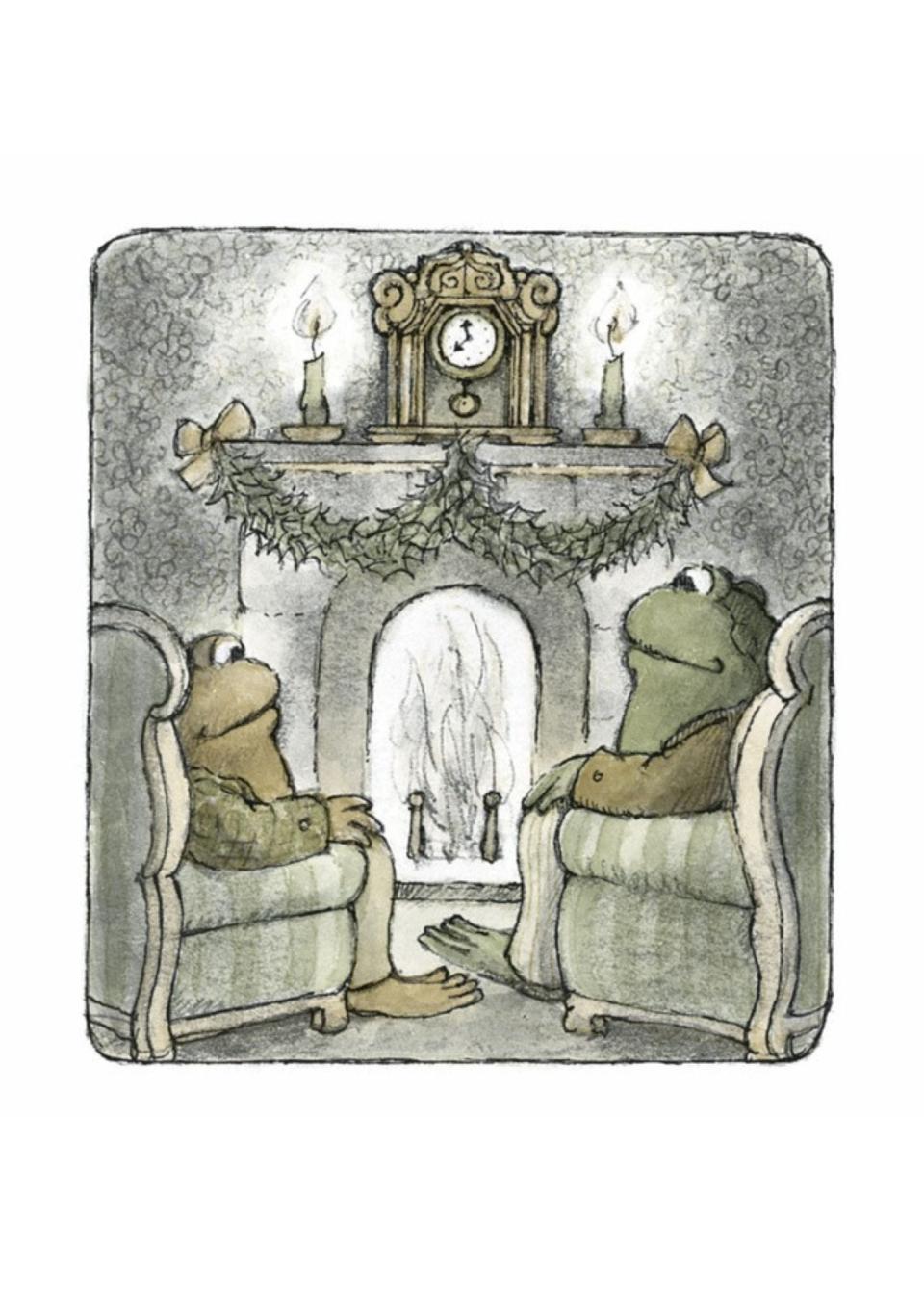
In recent years, the pair that was once confined to the world of children’s literature crossed into the realm of pop culture. The Frog and Toad-aissance rages both on and offline with posts across Instagram and TikTok and products sold on Etsy and at major retailers like Target.
On X, @FrogandToadbot tweets out lines from the series daily to an audience of 233,000 followers. On Instagram, a popular meme features slides of Lobel's trademark "Frog and Toad" illustrations with the caption "Stop normalizing the grind and start normalizing whatever this is."
“Now I can save tomorrow for something that I really want to do.”
“What is that?” asked Frog.
”Tomorrow,” said Toad, “I can just take life easy.”— Frog and Toad Bot (@FrogandToadbot) February 19, 2024
“It’s the family business” Adrianne Lobel, the late author’s daughter, tells USA TODAY.
“All of a sudden we have merchandise,” her brother Adam Lobel adds.
Frog and Toad's modern fanbase: 'Preschoolers and stressed-out college kids'
Adrianne and Adam Lobel manage the brand, trying their best to honor what they think their father would have wanted. The siblings were deeply involved with the Apple TV series based on the books that premiered in 2023.
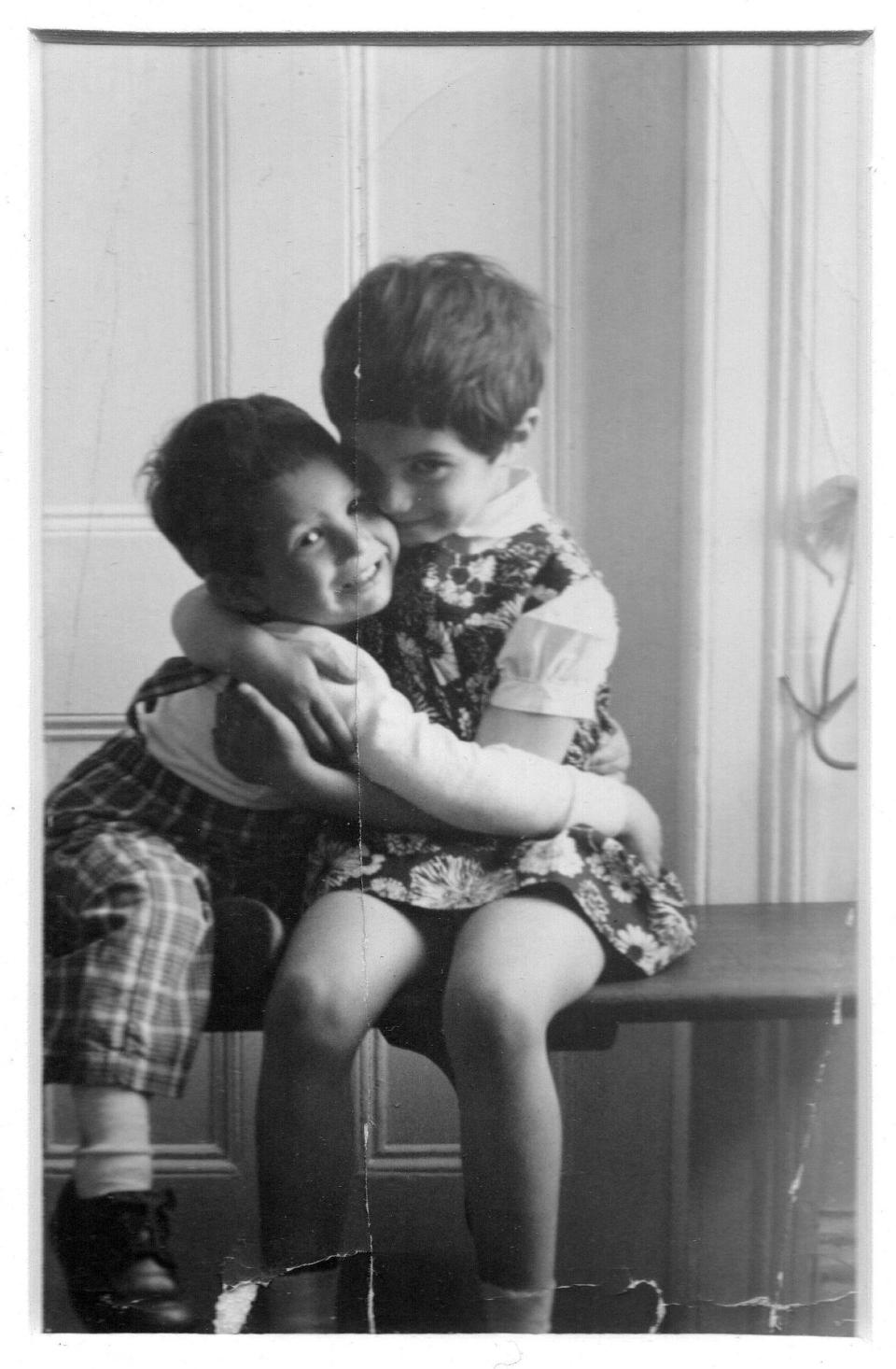
“We’re making this show for preschoolers and stressed-out college kids,” Rob Hoegee, showrunner for the Apple TV series, jokes.
Much of Frog and Toad's revival has been driven by 20- and 30-somethings.
“It’s a reflection of how horrible the times are these days,” Adam muses. “People want to go back to something that they remember from their childhood.”
"It’s sort of bizarre because suddenly they’re like Mickey Mouse,” Adrianne says of Frog and Toad.
But, why these specific characters from their childhood? It has a lot to do with the world that Lobel created. The simplicity of the stories that was once a tool to accommodate limited vocabularies and still-forming frontal lobes, it serves for many now as a sort of mood board.
The world is noisier and more violent than before. Or maybe it always was and we can just hear it better now. Either way, the millennials and Gen Zers who grew up amid financial crises, terrorist attacks, a pandemic and cultural turmoil, have begun to crave the simple life of woodland creatures.
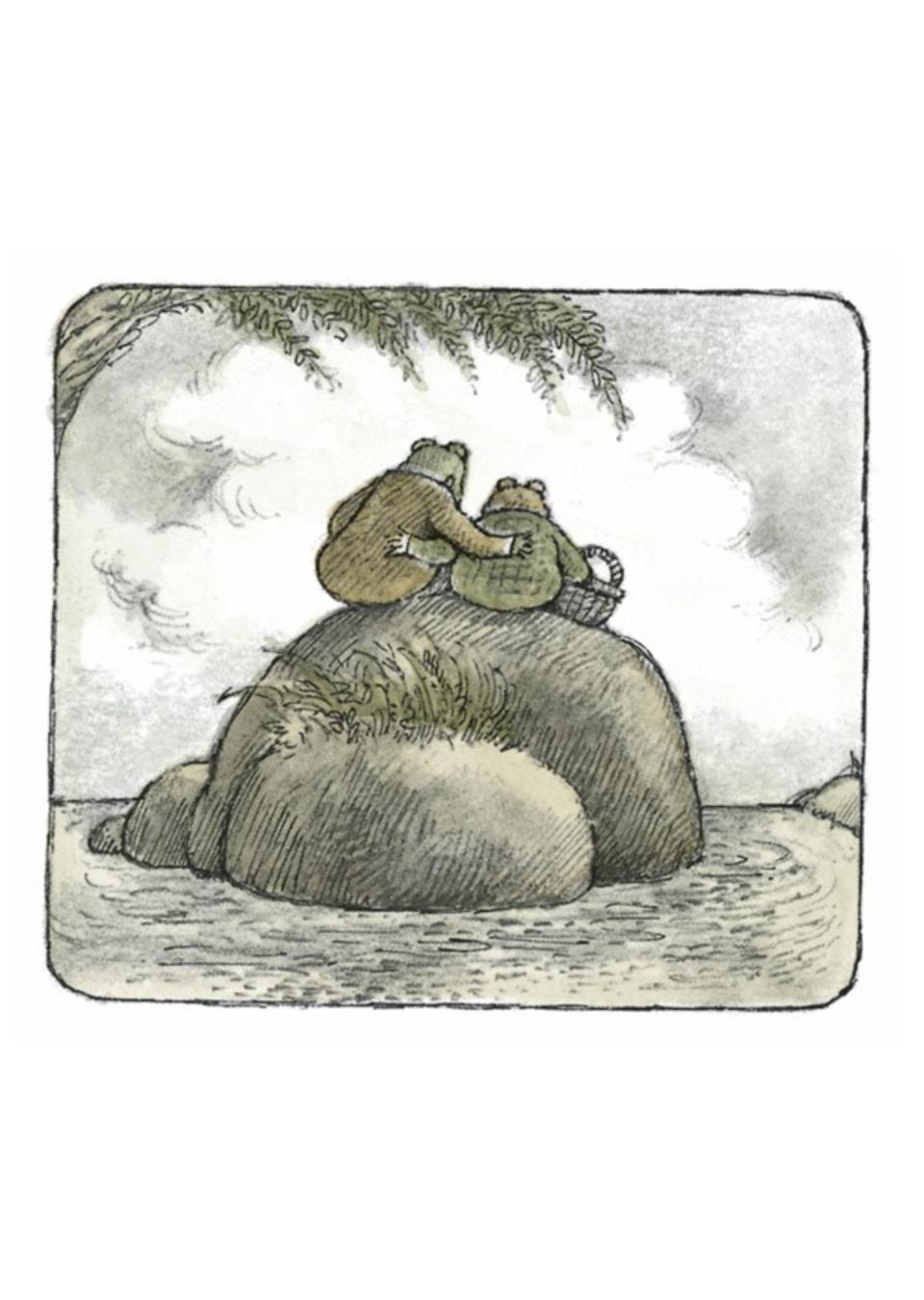
“We kind of grew up in chaos,” says Sydney Claridge, a 23-year-old Tiktoker who went viral for her creation of a Frog and Toad tattoo. “People around my age crave that simplicity and the calmness that is those books.”
In line with the cottage-core and “soft-girl era” internet trends, the universe Frog and Toad inhabit has a peaceful appeal. It exists outside the horrors of modern society and represents a simple, bucolic existence.
Hoegee says he instructed the show's art team to “imagine yourself lying on your tummy in your backyard peering through blades of grass and seeing the world unfold there.” He wanted to preserve the "shoe-box diorama" feel of the books, which he felt was an important key to their escapism.
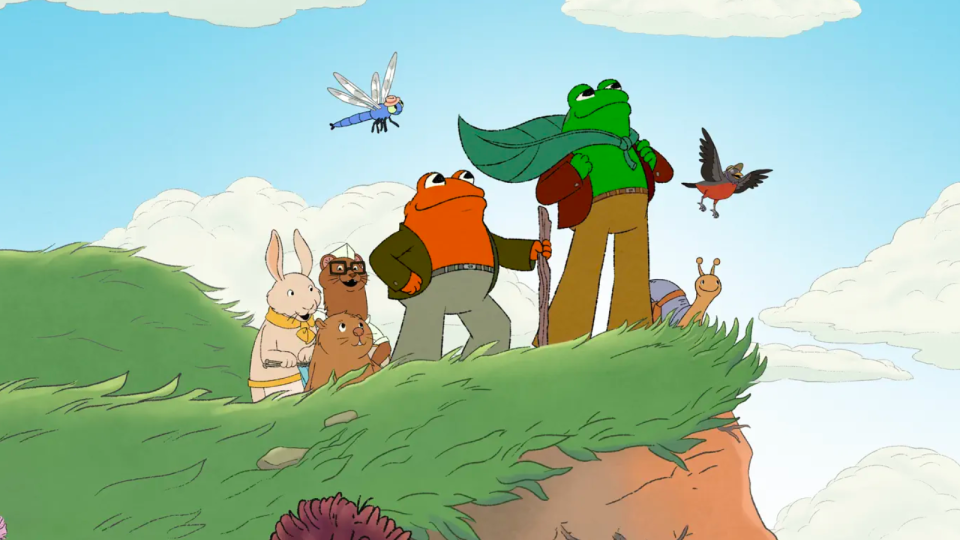
Frog and Toad make space for a full range of emotions, allowing readers to do the same
The simplicity of the books is not just a matter of aesthetics. It's the bare-bones dialogue and the straightforward yet profound connection shared by the protagonists.
The tattoo from Claridge's video, which she did on her best friend Katelyn (the toad to her frog) is a thin line illustration of a scene from one of the books: “Toad sat and did nothing. Frog sat with him.” That caption illustrates the core of the series: Friendship, at its finest, elevates the monotony of quotidian experience.
"I love the simplicity of how they feel,” Claridge explains. “It helps to justify those feelings. I’m sad today and that’s OK. I just want to sit with my friend and do nothing, and that’s OK."
Claridge is referring to a moment from "The Letter" in which Frog says, “You are looking sad,” and Toad replies simply, “Yes, this is my sad time of day.”
In children’s literature, where subliminal messaging can be an art form, the message here is an allowance for the full spectrum of emotions. Sadness is not a problem to be solved, but rather a symptom of the human (*ahem, amphibian) condition. Sometimes the best cure is to sit with a friend and let it wash over you.
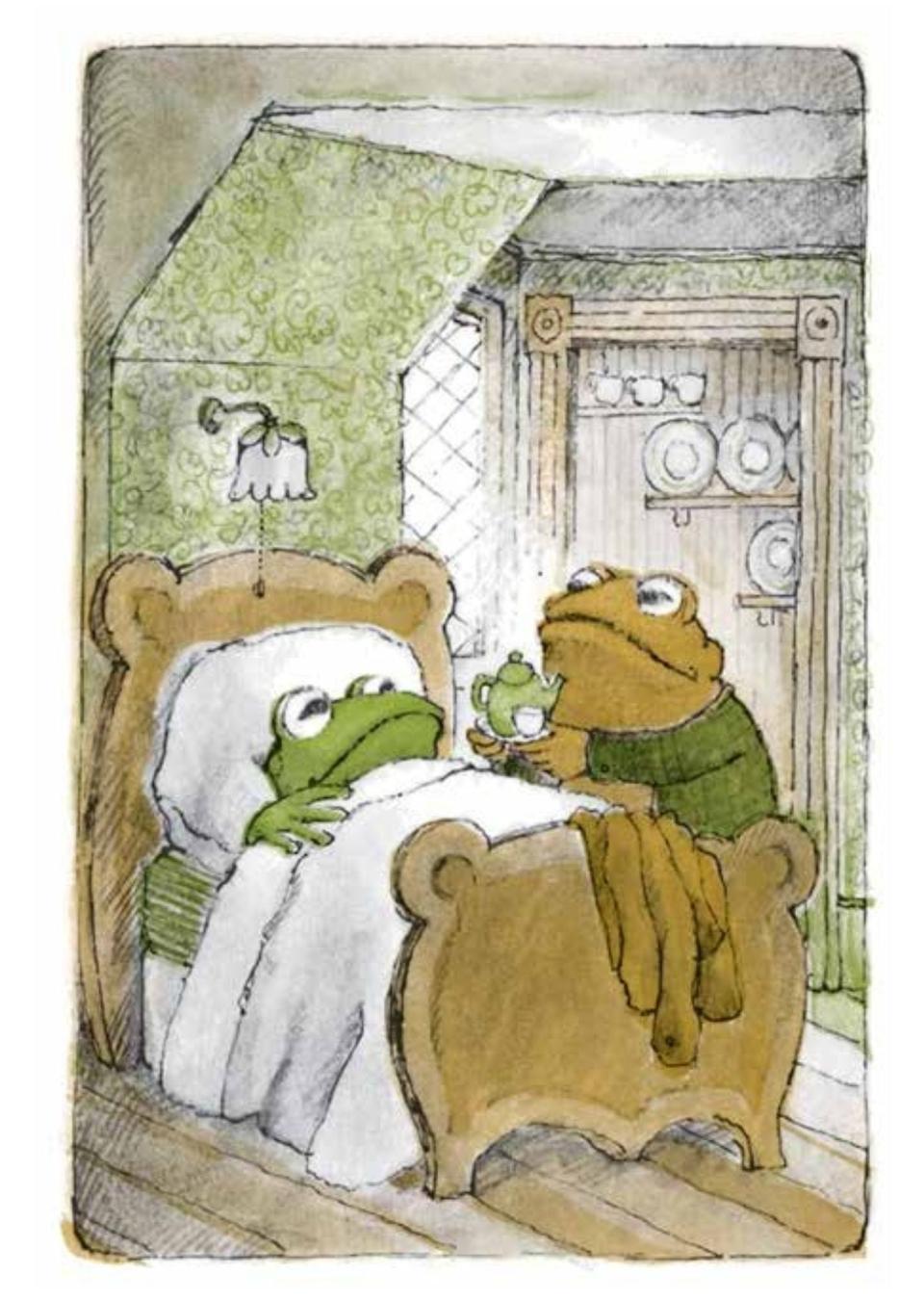
“It deals with feelings and emotions that at the time books like this rarely did,” Hoegee says. “They sort of represented truth in ways that books often didn’t.”
That Lobel was known to carry with him a copy of Strunk and White’s “The Elements of Style” comes as no surprise. The storytelling guidebook befits his narrative prowess. Lobel's prose, utilitarian and unfussy, manages to evoke a kind of sentimentality usually assigned to epics.
“He was very particular about language,” Adam says. “He put in a lot of time and effort on every word.” This attention to detail is perhaps what sets the books apart from works that preceded it like "See Spot Run" he muses.
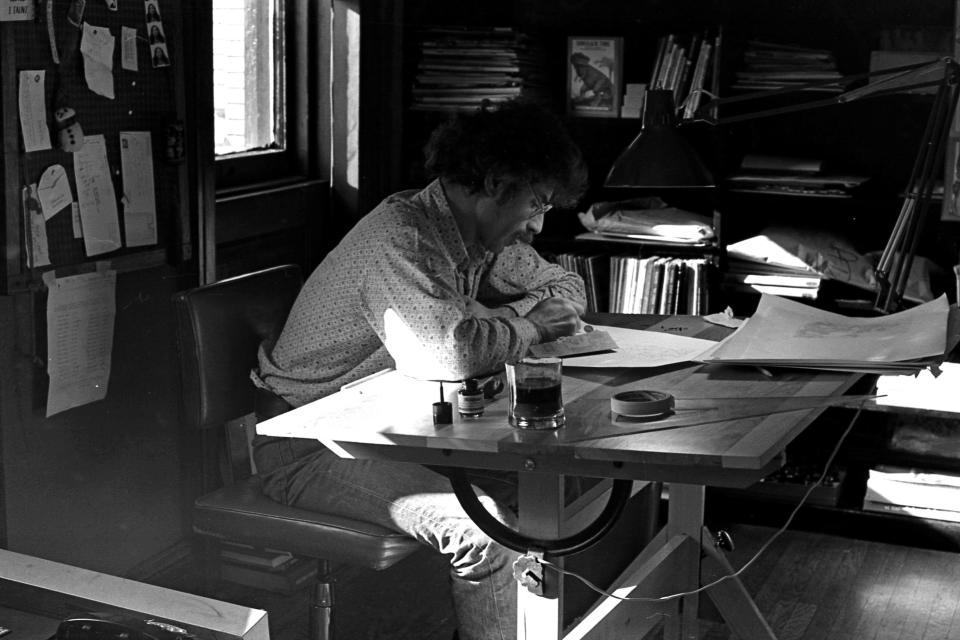
Frog and Toad are friends ... and lovers?
The deep and abiding friendship Frog and Toad share is demonstrated in their ability to take one another as they are. Their companionship is unconditional, so much so that over the years they have been canonized by some as queer icons – their bond too powerful to be platonic.
Like Bert and Ernie, they have been recast in the modern era as a couple meant to be queer. That theory gained traction in 2016 when Adrianne told The New Yorker that her father had come out as gay to the family a few years after the first book was published.

“I regret that entirely," she says now. "I don’t think they’re gay. I think they’re just really good friends. And even if they were gay, they’re stuffy old guys and they’re not having sex.”
It's not that either of Lobel's children object to Frog and Toad's classification as a couple, it's more that they feel the mystery allows readers to relate to the characters in whatever way works for their own lives.
“I just think they’re universal, they’re about love and friendship,” Adrianne says. Love and friendship certainly factor into romance, but they exist outside of it as well. The very marrow of the relationship is about something that can fit into a love story of any kind: your existence gives my experiences context; the world is more vibrant because I can tell you how I see it.
“He was a pretty private person so I’m not sure he would necessarily want to be a gay icon but it’s hard to say,” Adam says. One thing's for sure, the long life of the stories would have thrilled him.
“He certainly would have gotten a kick out of the longevity,” Adrianne says.
This article originally appeared on USA TODAY: How Frog and Toad books found themselves on Gen Z's online mood board
